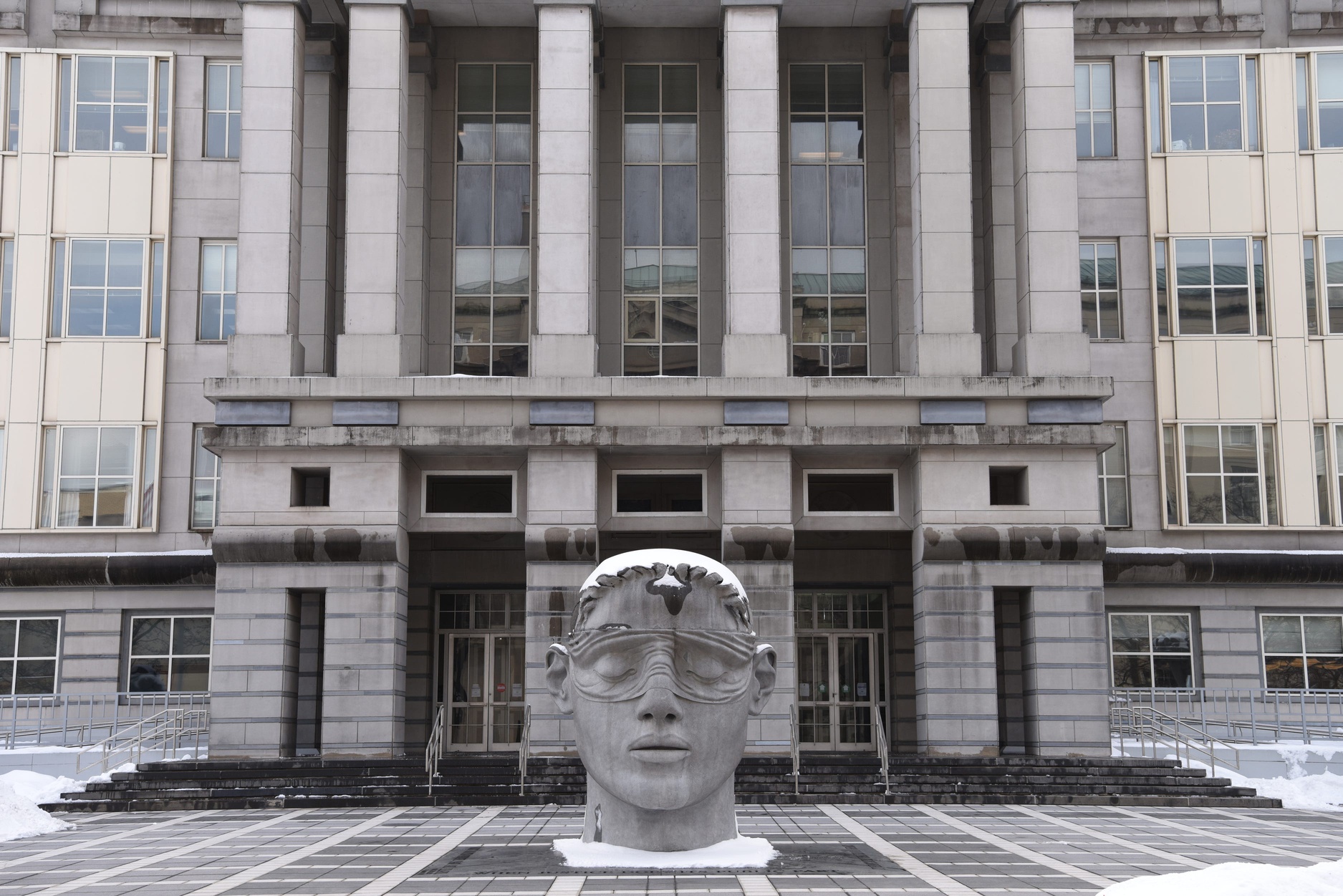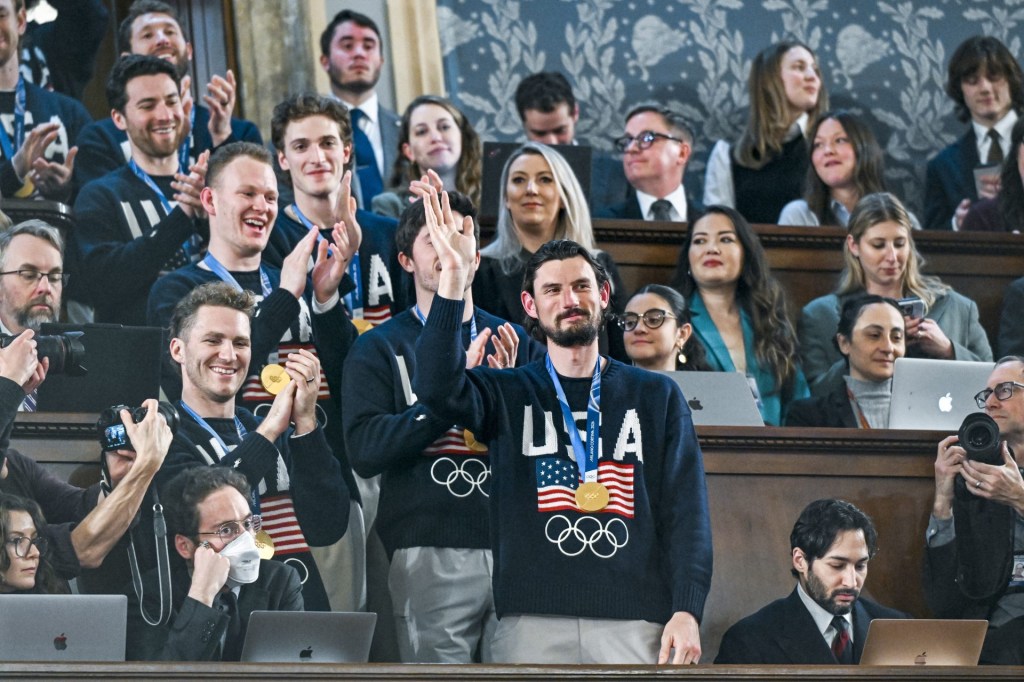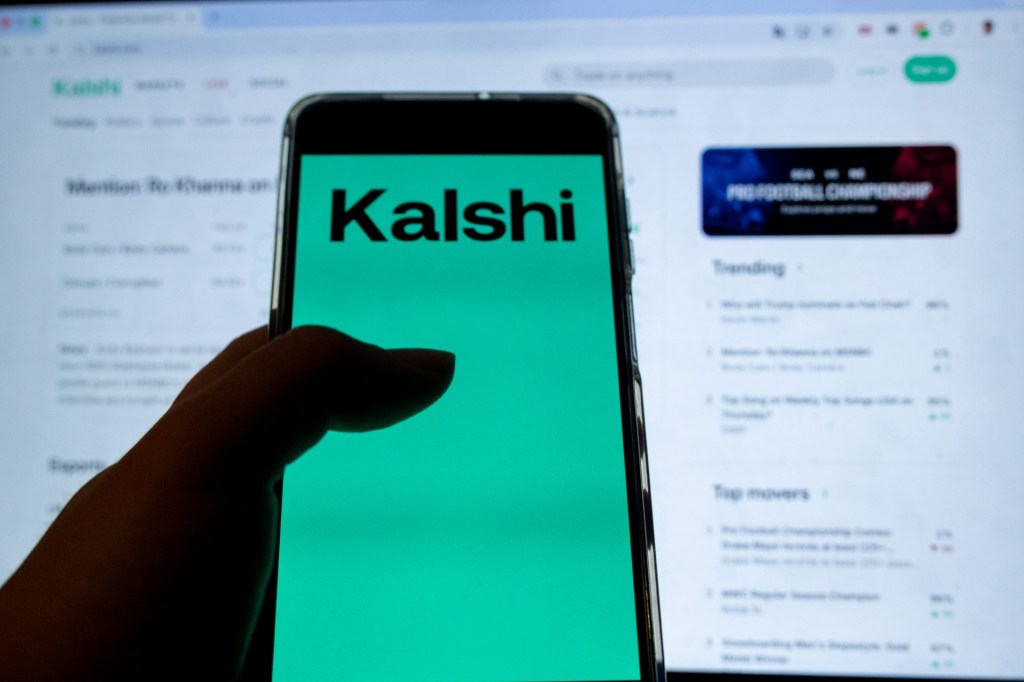Kalshi can continue offering sports “prediction” contracts in New Jersey while its lawsuit against the state’s gambling regulators plays out, an early legal victory that signifies the start of a winning streak for the company, which is battling regulators in multiple states.
A U.S. federal judge on Monday granted Kalshi’s motion for a temporary restraining order and preliminary injunction prohibiting New Jersey regulators from enforcing a cease-and-desist order aimed at stopping the company from listing sports event contracts, which allow users to trade on the outcome of sports events including which team will win the next game in a given NBA playoff series, who will be the “pro hockey champion,” and more.
The judge’s decision is significant, though it does not end the suit. It essentially keeps the status quo while the case continues.
“The balancing of the factors here caution me to keep the toothpaste in the tube,” U.S. District Judge Edward S. Keil wrote in his opinion.
Sara Slane, head of corporate development for Kalshi, said in an emailed statement that “we are grateful for the Court’s attention and well-reasoned opinion.”
“Once again, the decision is consistent with what we have stated from the beginning: Kalshi is firmly on the right side of the law. We look forward to a swift resolution of these cases and will continue to educate regulators and the public on the benefits of prediction markets and the stringent federal regulations under which we operate.”
Notably, the judge found Kalshi faced the prospect of “irreparable harm” if he had ruled in favor of the regulators, including through lost business. In addition, if Kalshi complied with the cease-and-desist, it would need to spend “an estimated tens of millions of dollars annually” to geolocate users, “with no guarantee of recoupment,” the judge wrote.
It may still be early in the case, but the decision is significant, especially when considering that a different federal judge, in Nevada, recently issued a similar ruling preventing regulators in that state from shuttering the sports offerings while the case moves forward.
Regulators in at least six states have sent Kalshi cease-and-desist letters: Maryland, Illinois, Montana, Nevada, New Jersey and Ohio. In addition to the suits in New Jersey and Nevada, Kalshi last week sued the Maryland Lottery and Gaming Commission. A representative for Kalshi recently declined to comment on any future legal plans.
Other states, including Kansas, Washington and Connecticut, are reportedly looking into Kalshi’s sports offerings, which have also received criticism from legal experts and multiple Native American tribes or associated organizations. The main arguments against Kalshi include that the sports event contracts are essentially sports betting, which is regulated on a state-by-state basis, and that if these offerings are allowed to continue, they’ll eat into tribe-run sports betting businesses.
A primary underlying question in the lawsuits Kalshi has filed to date is whether the Commodity Futures Trading Commission has “exclusive” jurisdiction to regulate Kalshi’s sports event contracts through a federal law called the Commodity Exchange Act, which regulates the trading of commodities like grains and oil, but also less obvious commodities, such as sports when considered in a trading context.
Judge Keil wrote in his opinion that he is “persuaded that Kalshi’s sports-related event contracts fall within the CFTC’s exclusive jurisdiction and am unconvinced by defendants’ arguments to the contrary.”
The CFTC, which under President Biden fought, and lost, a legal battle aimed at stopping Kalshi from offering event contracts on political events like the presidential election, has appeared more Kalshi-friendly under President Trump. Aware of the increasing interest in Kalshi and similar offerings, the CFTC previously announced a roundtable on the topic and solicited public comment. However, the roundtable has been cancelled, CFTC spokesperson Taylor Foy confirmed to Front Office Sports on Tuesday.
“There is no update right now on when it will be rescheduled,” Foy said in an email. “More details will be provided when available.”
A representative for the New Jersey office of the Attorney General declined to comment, citing a policy not to comment on pending litigation.





![[Subscription Customers Only] Jun 15, 2025; Seattle, Washington, USA; Botafogo owner John Textor inside the stadium before the match during a group stage match of the 2025 FIFA Club World Cup at Lumen Field.](https://frontofficesports.com/wp-content/uploads/2026/02/USATSI_26465842_168416386_lowres-scaled.jpg?quality=100&w=1024)
![[Subscription Customers Only] Jul 13, 2025; East Rutherford, New Jersey, USA; Chelsea FC midfielder Cole Palmer (10) celebrates winning the final of the 2025 FIFA Club World Cup at MetLife Stadium](https://frontofficesports.com/wp-content/uploads/2026/02/USATSI_26636703-scaled-e1770932227605.jpg?quality=100&w=1024)



![ESPN Bet broadcasts inside the PGA Tour Studios building in Ponte Vedra Beach, Florida, on March 14, 2025. [Clayton Freeman/Florida Times-Union]](https://frontofficesports.com/wp-content/uploads/2026/02/USATSI_25668497_168416386_lowres-1-scaled.jpg?quality=100&w=1024)






